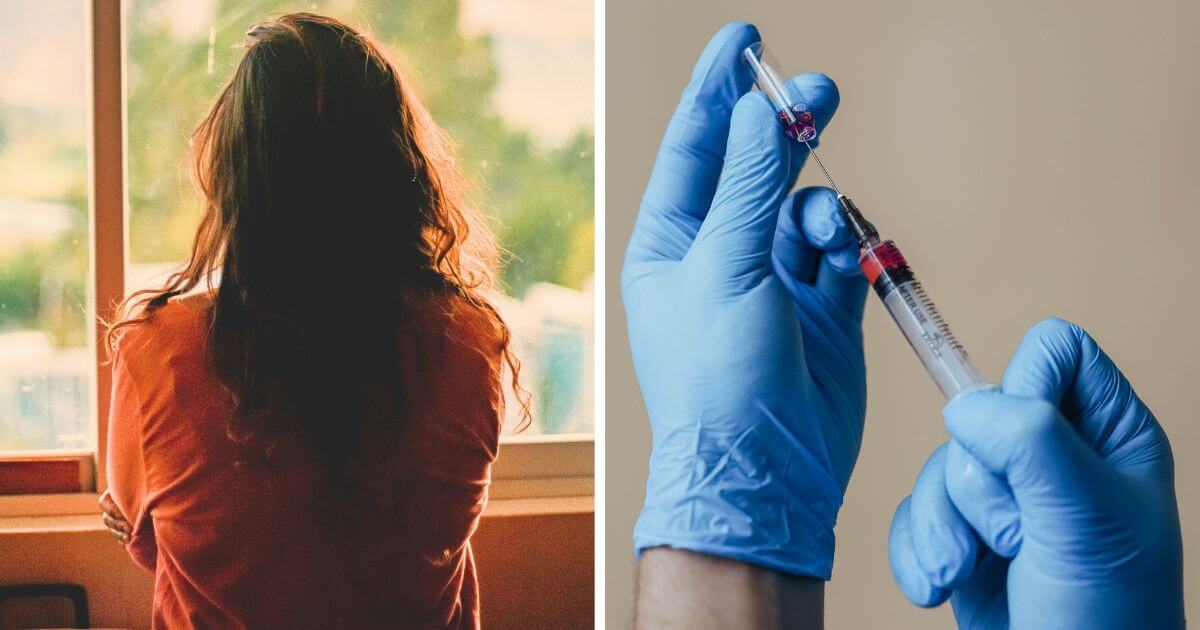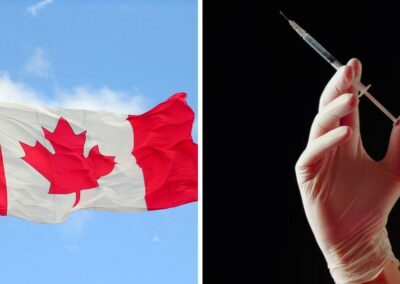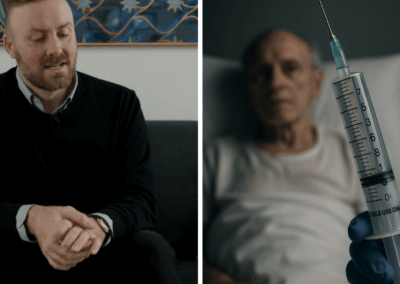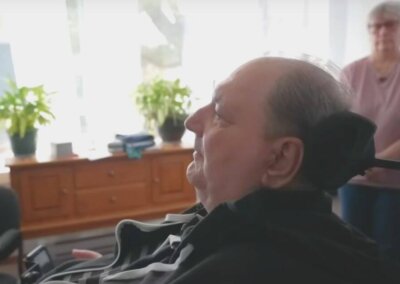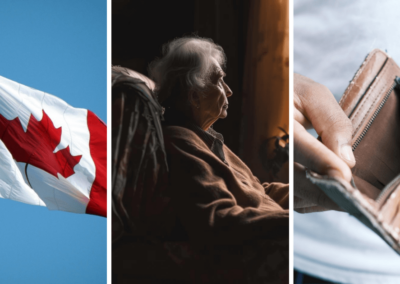Eating disorders such as anorexia are accepted as potential criteria for euthanasia on the grounds of terminal or mental illness.
Anorexia as grounds for euthanasia
In a recent long-form piece for The Guardian, journalist Carrie Arnold speaks to Jennifer Guadiani, a doctor from Denver who specialises in eating disorders. Dr Guadiani co-authored a scientific paper last year in which she defined for the first time “terminal anorexia nervosa”.
One of the conclusions of the paper is that “these patients deserve … medical aid in dying in jurisdictions where such care is legal”.
If Guadiani’s definition becomes consensus in the medical community, anorexia would qualify as a terminal illness and would indeed meet the criteria for euthanasia and assisted suicide in a number of jurisdictions. The Denver doctor admits in the interview to helping two patients with anorexia die by euthanasia.
“They’re sick, but they’re not irreparably broken”
Dr Philip Mehler, CEO of Acute, a centre for eating disorders and malnutrition, is firmly opposed to euthanasia for patients with eating disorders. Speaking of patients with anorexia nervosa he says “They’re sick, but they’re not irreparably broken”.
Responding directly to Dr Guadiani’s article, Dr Mehler categorically rejects her arguments and conclusions, and adamantly asserts that the condition is reversible and therefore cannot be considered terminal. He expresses further concern about the criteria used to define anorexia nervosa as a terminal illness, arguing that the patients whose lives Dr Guadiani ended by euthanasia do not even meet her own criteria for terminal illness.
The mental capacity of psychiatric patients
As wel as receiving “pointed condemnation” from colleagues, Dr Guadiani’s article also raised questions about the mental capacity of patients facing one of the deadliest psychiatric illnesses.
Those in favour of euthanasia advocate that it should be for competent individuals who have freely chosen to ask for help to end their lives. For patients with psychiatric disorders, the challenging question arises of whether they have the capacity to make such decisions.
Decision-making and brain development
Such questions have arisen in Canada as it investigates whether to legalise assisted suicide and euthanasia for children.
In a recent session providing oral evidence to the Canadian Special Joint Committee on Medical Assistance in Dying, Dr Maria Alisha Montes, Clinical Associate Professor of Paediatrics, spoke about mental capacity in relation to under 18s being offered euthanasia.She explained that “Studies show that the frontal lobe is not fully developed until early adulthood. The frontal lobe is very important for coordinating executive functions, including the balancing of risks and rewards and decision-making.”
“I would argue that MAID for mature minors carries the highest amount of risk, as the consequence is death. It’s irreversible. We need to ask ourselves if we should be legalizing this for mature minors when biology shows us that the ability to balance risks and rewards is one of the last areas of the brain to mature”.
Similarly, studies of patients with anorexia nervosa show that patients’ brains can be significantly altered by the disease. It is not clear how this impacts a patient’s capacity to make decisions when they have a “starved brain”.
Canadian patients with anorexia waiting for law change
Canada is due to legalise assisted suicide and euthanasia on mental health grounds in March 2024. Reports are emerging of patients with eating disorders awaiting this change in the law so that they can end their lives. Lisa Pauli, 47, is one such patient. “Every day is hell”, she said. “I’m so tired. I’m done. I’ve tried everything. I feel like I’ve lived my life”.
Right To Like UK spokesperson Catherine Robinson said “It is heartbreaking to read about the suffering of patients with eating disorders and the challenges that they and their families face to receive the support that they need”.
“Euthanasia is never a medical solution. It does not rid a person of a disease, but rather rids the world of a person. Every person has value and this value deserves to be protected in the law”.
“Patients with psychiatric disorders need to be supported to access the care that they need. Euthanasia can never be considered care”.


